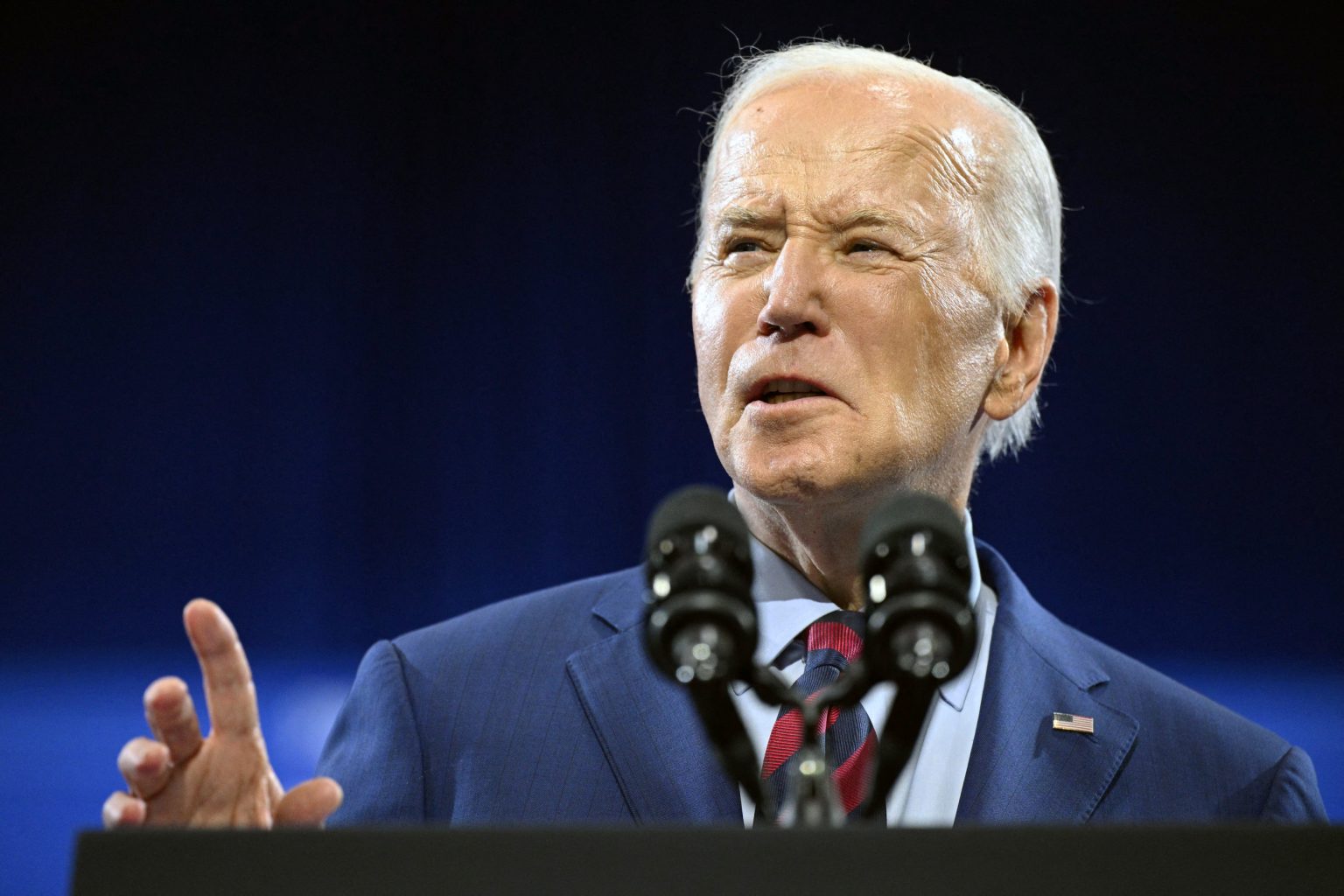President Joe Biden recently spoke out on the ongoing campus protests in the United States, involving pro-Palestinian demonstrators, which have spread to various universities across the nation. These protests were initially inspired by actions taken by students at Columbia University in New York City and have since escalated to other institutions such as George Washington University, Fordham University, and Yale. The protests have resulted in arrests and incidents of violence, with individuals calling for a ceasefire in Gaza and challenging Biden’s support for Israel. Biden condemned the violence and chaos caused by some protesters, emphasizing that peaceful protests are protected but destructive actions are not.
Biden’s statements on protests sparked criticism from pro-Palestinian voices, who viewed his comments as authoritarian and misguided. Some individuals on social media expressed their dissent, arguing that Biden’s stance on protests infringes on freedom of expression and resembles tactics used by dictatorships to suppress dissent. Journalists and writers criticized Biden’s remarks, with some pointing out the irony of him speaking about disorder and protest while planning to deliver a speech at Morehouse College, an institution associated with civil rights leader Martin Luther King Jr. Despite the backlash, not everyone on social media condemned Biden’s speech, with some users citing historical examples of effective non-violent protests to support his statements.
While many individuals criticized Biden’s comments, there were some voices that lauded his stance on protests and violence. The American Jewish Committee, for instance, praised Biden for emphasizing that the right to protest does not include threatening or intimidating individuals, particularly Jewish students. The organization expressed gratitude for Biden’s efforts to address antisemitism and violence on campuses, highlighting the importance of creating a safe and inclusive environment for all students. Despite the mixed reactions to Biden’s speech, it is clear that the issue of campus protests and demonstrations surrounding the Israeli-Palestinian conflict remains divisive and contentious in the United States.
The ongoing protests on college campuses highlight the complexities and challenges of balancing freedom of expression with maintaining peace and order. While peaceful protests are essential in a democracy, acts of violence, vandalism, and intimidation can undermine the purpose of activism and activism. Biden’s condemnation of violent protests reflects the government’s responsibility to uphold law and order, while also respecting individuals’ right to express their opinions and dissent peacefully. As the demonstrations continue to evolve and expand to other universities, it is crucial for leaders, activists, and communities to engage in meaningful dialogue and work towards finding common ground to address the underlying issues driving these protests.
In conclusion, President Joe Biden’s remarks on the campus protests involving pro-Palestinian demonstrators have stirred controversy and debate on social media and among various stakeholders. While some critics viewed his comments as authoritarian and suppressing freedom of expression, others praised his emphasis on peaceful protest and condemning violence. The ongoing protests underscore the complex nature of activism and the challenges of navigating sensitive political issues on college campuses. Moving forward, it is essential for all individuals to engage in constructive dialogue, respect differing perspectives, and work towards creating a safe and inclusive environment for all students, regardless of their backgrounds or beliefs. As the protests continue to unfold, it is crucial for leaders to address the root causes of these demonstrations and seek peaceful resolutions to the underlying issues at hand.


